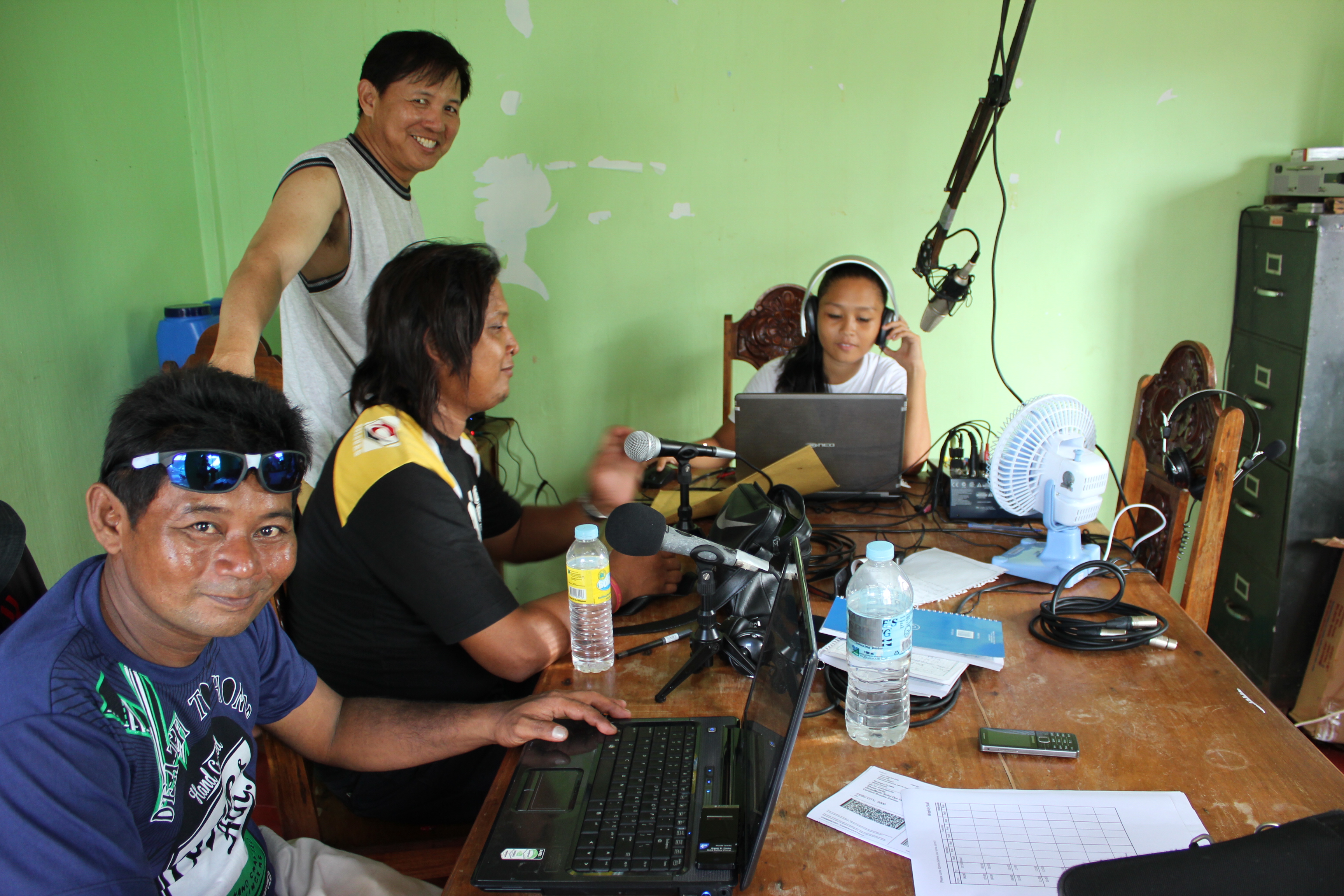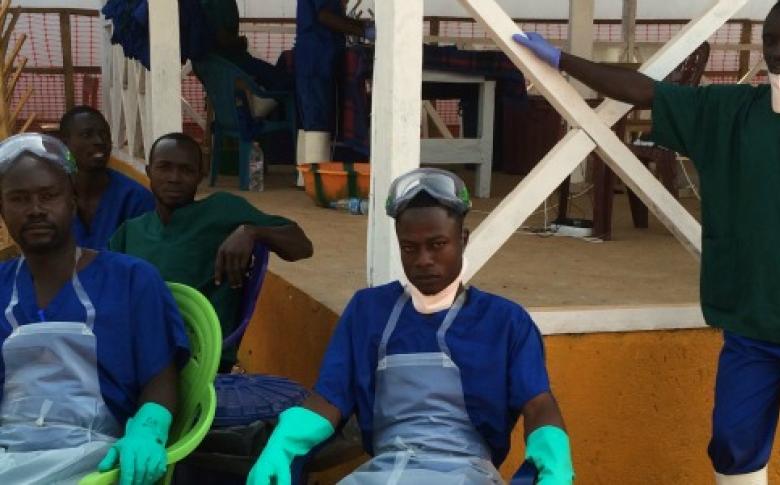
What if there is an emergency tomorrow?

Local communities are the first responders, and all those supporting the emergency operation will have access to vital communications services. By 2020 that is. But the ETC network still has a few years before we realise this vision, so what happens if there’s an earthquake, tsunami or typhoon tomorrow?
If there is an emergency tomorrow, the ETC will be open and available to pilot new services where the context and necessity allows it. The approach would be to respond in accordance with established ETC Operating Procedures, leveraging existing solutions and delivering on our current mandate of providing communications services to the humanitarian community, while being open to pilot new services where context and necessity permit.
The nature of the ETC is to be flexible and innovative, finding solutions – fast - to emerging technology challenges. In West Africa, for example, it was the first time that so many healthcare facilities needed connectivity at tens of sites across three countries. But we did it – over 90 sites at the peak of the operation - and through ETC2020 we will be better prepared to meet such demands in the future. In Vanuatu it was services to the affected government. In Nepal it was working with the government, as well as national Mobile Network Operators and Internet Services Providers. All of these situations, needs, relationships and partnerships will be fostered through the ETC2020 strategy.

In tomorrow’s emergency operations we will endeavour to expand partnerships on the ground with humanitarian, government and private sector organisations. We will advocate for inclusion of technology needs for Communications with Communities (CwC), and government communications resilience, into humanitarian coordination structures. Where possible, we will seek to extend services to a wider audience, such as governments and affected populations. Internet hotspots, charging stations, connectivity support for humanitarian broadcast – where possible, feasible and without detriment to the core ETC operation for that emergency, the cluster will endeavour to support.
Once in the recovery phase, tomorrow’s disaster could also pave the way for ETC2020 Pilot Projects. Liberia, Nepal and the Philippines have all recently suffered massive emergencies, and now they will host projects piloting the four ETC2020 pillars: Communications with Communities, Increased Communications Resilience to Disasters, Improved Decentralised Response Readiness and Enhanced Communications and Energy.
Nature of the beast is that there is little telling where and when exactly the next big emergency will strike. Wherever and whenever it is, the ETC network will take the steps towards strengthening the capacity of local people to respond and ensuring that by 2020, all those responding to emergencies have access to communications.
For more information, read: If there is an emergency tomorrow…
By Mariko Hall, Global Emergency Telecommunications Cluster (ETC) cell